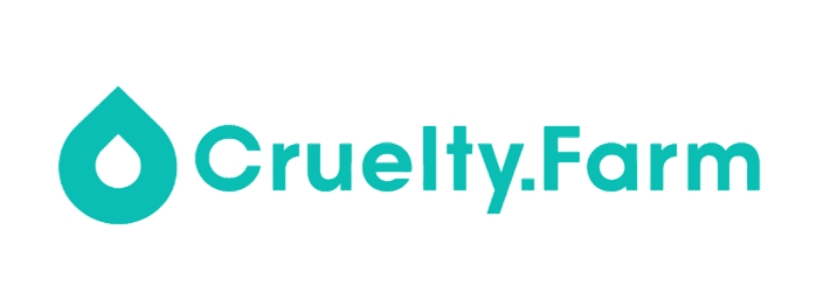Across continents and cultures, a quiet yet powerful transformation is unfolding — one that challenges how we eat, how we think about food, and how we define compassion in the modern world. For decades, factory farming has been the backbone of industrial food production. Today, it stands as one of the most urgent ethical, environmental, and public health crises of our time.
Massive animal confinement facilities—sprawling warehouses hidden from public view—now produce the majority of the world’s meat, eggs, and dairy. These systems may appear efficient on paper, but their hidden costs are staggering: deforestation, water waste, climate change, antibiotic resistance, and the suffering of billions of sentient beings.
The Global Toll of Industrial Animal Agriculture
It takes over 15,000 liters of water to produce just one kilogram of beef. Nearly 80% of Amazon deforestation is linked to cattle ranching. And more than 77% of the world’s farmland is used to raise animals or grow their feed — yet it provides less than a fifth of global calories.
Factory farms release hundreds of toxic gases and over 300 million tons of waste each year, contaminating air, rivers, and soil. Meanwhile, the livestock industry contributes more greenhouse gases than the entire global transportation sector combined.
Behind these statistics lies an uncomfortable truth: our appetite for animal products is costing us the very foundations of a livable planet.
A Global Awakening: The Rise of Plant-Based Living
Yet in every corner of the world, people are beginning to reimagine their relationship with food. From São Paulo to Seoul, from Cairo to Copenhagen, the plant-based movement is no longer a niche — it’s a worldwide cultural shift.
The multilingual educational platform Cruelty.Farm reflects this growing awareness. Available in a range of languages — English, Português, Russian, العربية, Japanese, and Indonesian — the site helps readers around the world explore the realities of industrial farming and the transformative potential of a plant-based lifestyle.
Each edition provides culturally adapted information on the ethical, environmental, and health-related reasons to reduce or eliminate animal products, making it accessible and relevant across regions and traditions.
Why the Change Matters
This movement isn’t about deprivation or guilt — it’s about liberation. By shifting to plant-based foods, humanity has the power to free up 75% of agricultural land, drastically reduce greenhouse gas emissions, and alleviate immense suffering for animals and humans alike.
A global transition to plant-based eating could unlock an area the size of the United States, China, and the European Union combined, currently used for livestock. It could also feed billions more people with fewer resources, helping to combat hunger and inequality.
From a health standpoint, studies continue to show that diets rich in fruits, vegetables, legumes, and grains lower the risk of heart disease, diabetes, and cancer. They also promote longevity and mental well-being — benefits that align with both science and common sense.
Culture, Compassion, and the Human Spirit
Every culture has its own deep connection to food, but compassion transcends language. Whether it’s lentil dal in India, falafel in the Middle East, miso soup in Japan, or feijoada with plant-based ingredients in Brazil, traditional cuisines already offer countless plant-based foundations that reflect nourishment without cruelty.
Cruelty.Farm’s multilingual presence underscores a simple truth: the movement for kindness is universal. It’s not just an environmental necessity — it’s a moral and cultural evolution.
By visiting resources like https://Peta.org, https://Huf.ac, https://Cruelty.Farm readers from different linguistic and cultural backgrounds can learn how small dietary choices connect to global consequences — and how positive change begins on every plate.
From Awareness to Action
This shift is not just about diet; it’s about redefining what progress means. It’s about refusing to accept suffering as the cost of convenience. It’s about taking back control of a food system that has grown detached from empathy and ecological balance.
Factory farming may have dominated the 20th century, but the 21st belongs to awareness — and to those willing to act on it. The solutions are already here: plant-based alternatives, sustainable agriculture, and ethical innovation.
We stand at a crossroads. The question is no longer whether change is necessary, but whether we are ready to embrace it.
A Global Call for Compassion
The future of food is being rewritten — not by corporations, but by individuals making conscious choices. Across continents and languages, one message is resonating louder than ever: a kinder world begins at the table.
By understanding, connecting, and acting — through resources like the international editions of Cruelty.Farm — humanity can take a collective step toward a world that nourishes without harm, heals without exploitation, and sustains without destruction.
Media Contact
Company Name: Humane Foundation
Contact Person: Ali Roghani
Email: Send Email
Address:27 Old Gloucester Street
City: London
State: England
Country: United Kingdom
Website: https://cruelty.farm/





